The Master and His Emissary Conversations
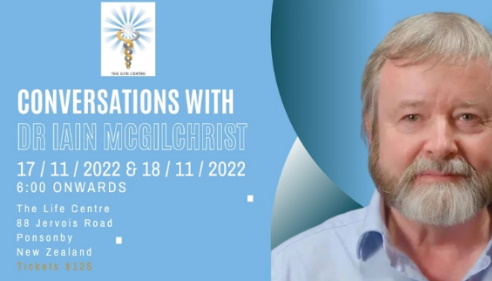
Conversations with Dr Iain McGilchrist – New Zealand
18th November 2022 Event description Conversations with Dr Iain McGilchrist. Renowned psychiatrist, author, thinker, and former Oxford literary scholar. Friday November 18th - 6pm - The Matter with ThingsOur Brains, Our Delusions, and the Unmaking of the World....

“The Matter With Things” – Review by Takashi Baba
Our memories are often fuzzy and people sometimes make up stories after the fact. We are governed by irrational biases and can be easily fooled. I like to read books on brain science and behavioral economics and have gathered knowledge on this and that about the brain. Has it given me the ability to discern what is real or a good guidance to lead a better life? Unfortunately, I have no such confidence.
Understanding The Matter with Things Dialogues Episode 16: Chapter 16 Logical paradox
Running Time: 1:00:08

The Coincidence of Opposites with Dr Iain McGilchrist – The Fintry Trust
Saturday 12th November 2022 2:00-3:15pm UK time.
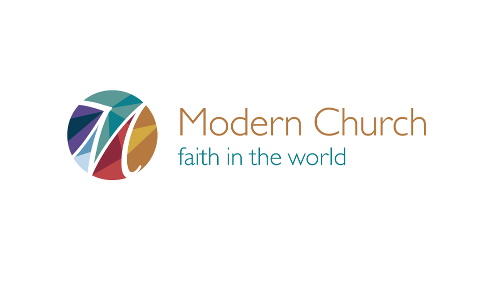
Dr Iain McGilchrist: The Brain And A Sense Of The Sacred
11th November 2022. Dr Iain McGilchrist: The Brain And A Sense Of The Sacred. Modern Church offers you a chance to hear and engage with one of the most remarkable and highly-acclaimed intellectuals of our time. Iain’s talk will be based on his encyclopaedic book The...

Reflections on Iain McGilchrist’s The Matter with Things – the Pari Centre (Free Online Event)
8th November 2022, 7 - 9pm CET. FREE EVENT Reflections On Iain McGilchrist’s The Matter With Things Anniversary event, hosted by The Pari Center in conjunction with Channel McGilchrist, Perspectiva, The Scientific and Medical Network and The Arthur Conan Doyle Centre....
Understanding The Matter with Things Dialogues Episode 15: Chapter 15 Reason’s progeny
Running Time: 1:17:43
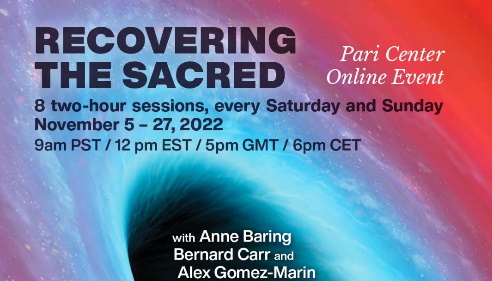
Recovering the Sacred – the Pari Online Series
5th - 27th November 2022. with Anne Baring, Bernard Carr, Matthijs Cornelissen, Alex Gomez-Marin, Jeremy Lent, David Lorimer, Iain McGilchrist, Peter Reason, Mary-Jayne Rust Curated by John Pickering Pari Center Online Series November 5 – 27, 2022 9:00am PST | 12:00pm...
Understanding The Matter with Things Dialogues Episode 14: Chapter 14 Reason’s claims on truth
Running Time: 0:52:06
Understanding The Matter with Things Dialogues Episode 13: Chapter 13 Institutional Science and Truth
Running Time: 1:15:11

The Divided Brain. Ronan Sharkey on Iain McGilchrist’s Sense of the Sacred

Our Divided Nature & Reasons for Hope: A Conversation with Dr Iain McGilchrist
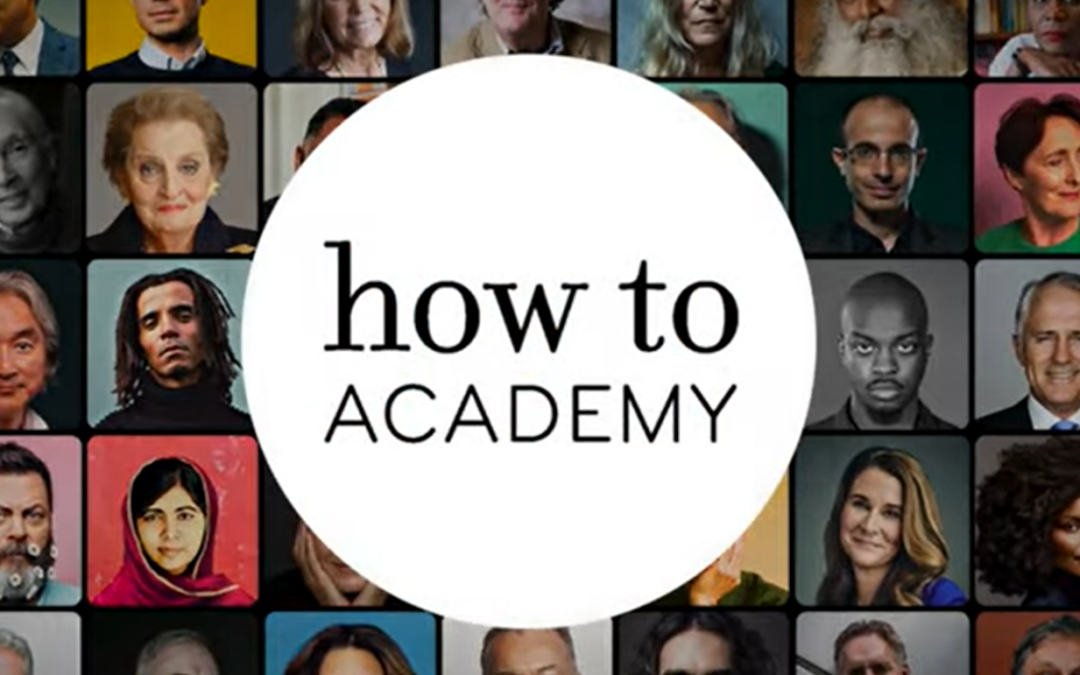
How To Academy Science: Nature’s Hidden Symmetry | Iain McGilchrist & Guests (Part 3)
Running Time: 00:17:01 From financial markets and traffic flows to earthquakes, black holes and the distribution of galaxies in the universe, the study of patterns that govern our lives and the natural world has long fascinated mathematicians, scientists and...

In Which Way Does Science Need To Change
Science needs to be more scientific! That is to say, less dogmatic, more open in what is considers worth investigating.This goes hand in hand with the virtue of humility both about what we know, and about what we could ever know for certain

The Matter with Things
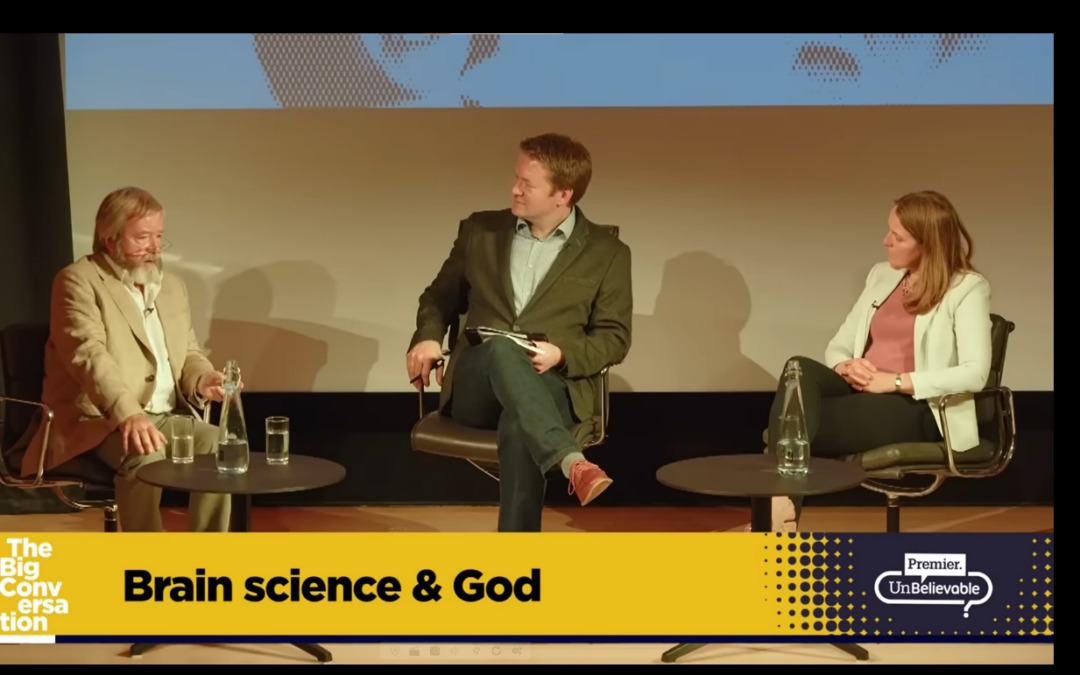
Iain McGilchrist & Sharon Dirckx – Brain science, consciousness & God
Running Time: 01:01:39 The Big Conversation - Episode 3 | Season 4 What does the science of brain chemistry and consciousness tell us about the nature of our mind and our cosmos? Recorded live at The British Library London, leading psychiatrist and philosopher Dr Iain...
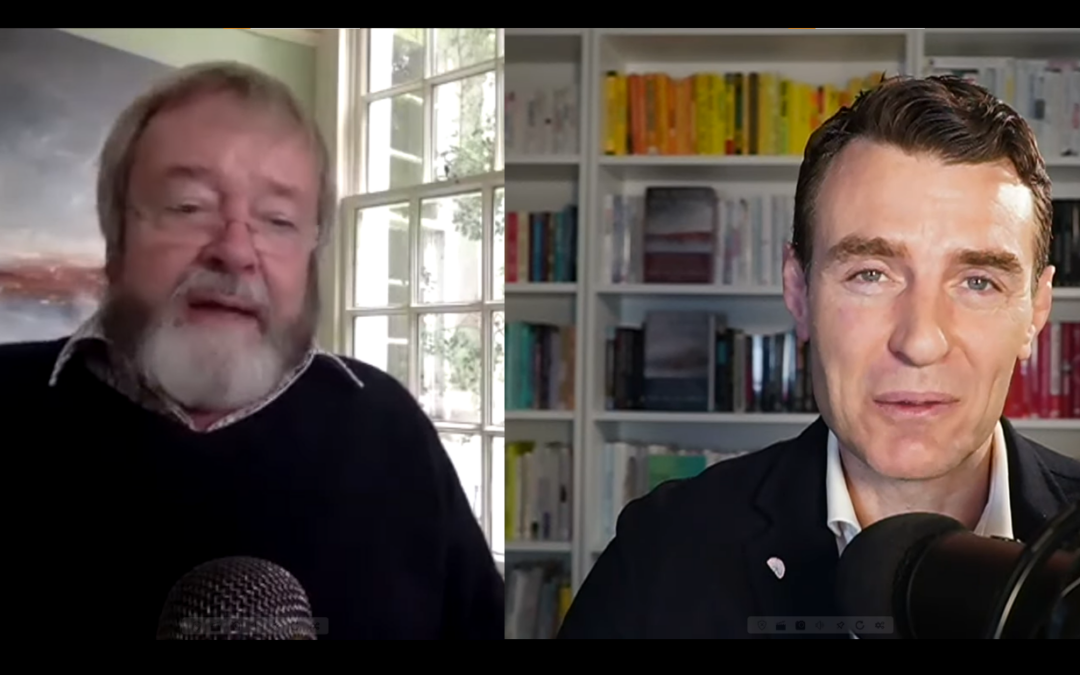
The Innovation show with Aidan McCullen and Dr Iain McGilchrist
Running Time: 01:06:16 In this landmark new book, our guest addresses some of the oldest and hardest questions humanity faces – ones that have a practical urgency for all of us today. Who are we? What is the world?How can we understand consciousness, matter, space and...
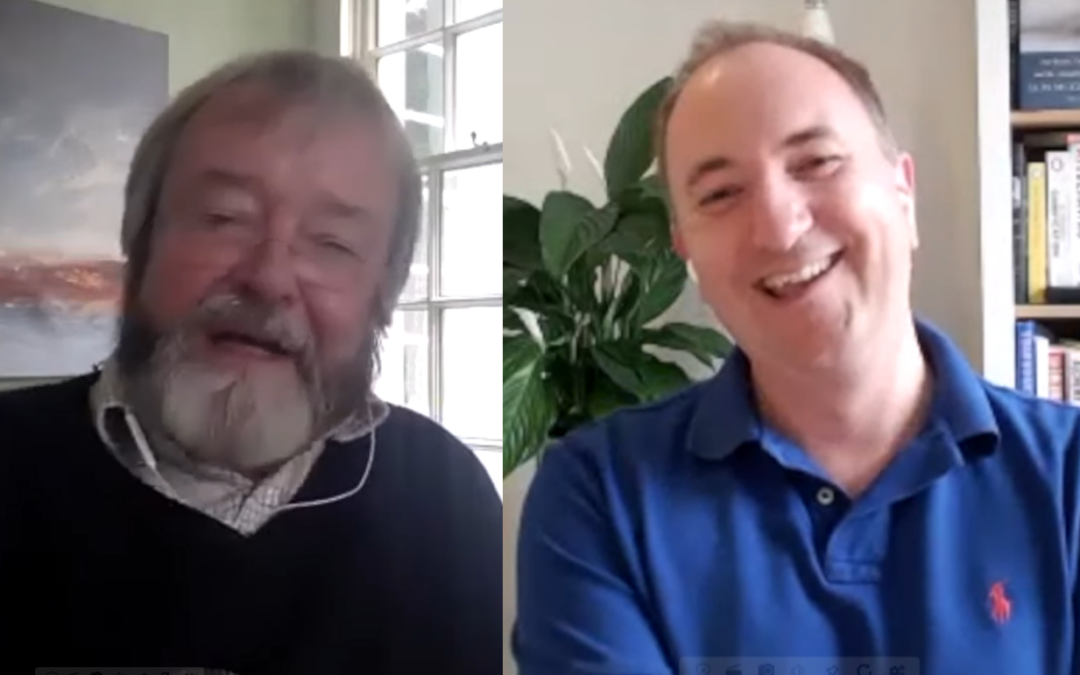
Dr Iain McGilchrist – Understanding the human brain (42 Courses)
Running Time: 00:57:49 Dr Iain McGilchrist joins Chris Rawlinson in this '42courses podcast to talk about the marvels of the human brain, creativity, sleep and more. Dr Iain McGilchrist is a psychiatrist, author and possibly one of the greatest thinkers alive and has...
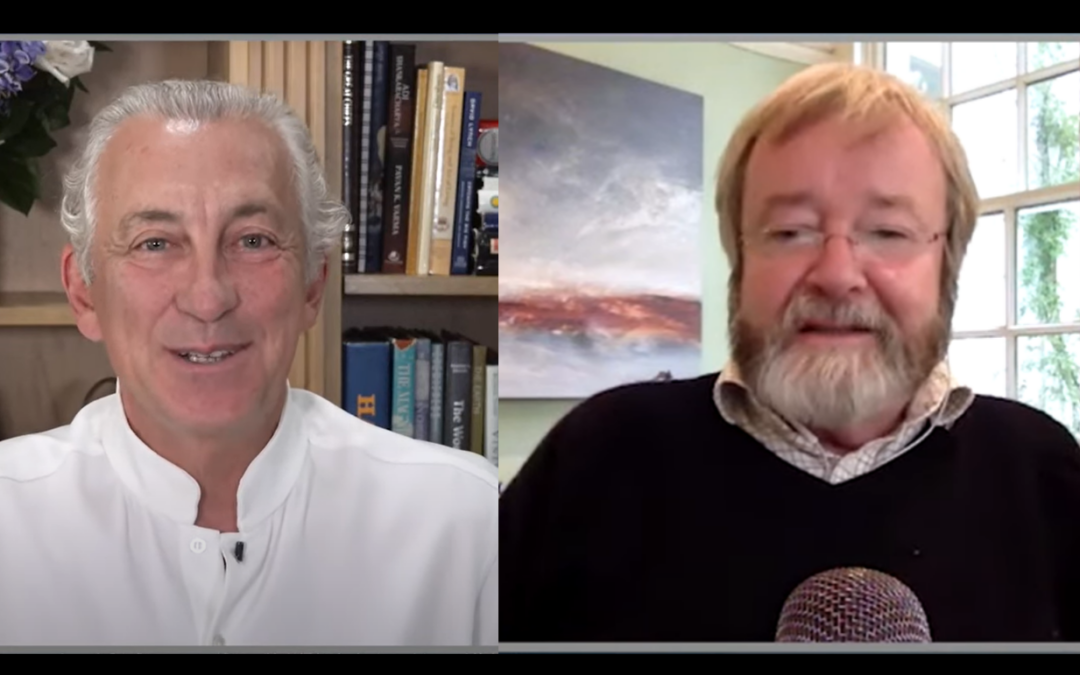
Parts and Whole, Science and Intuition, Left Brain and Right Brain with Dr. Iain McGilchrist
Running Time: 01:10:05 In this episode, Dr. Tony Nader sits down with Dr. Iain McGilchrist, psychiatrist, neuroscientist, researcher and author, to discuss our various human worldviews, perception and decision making. How can individuals and society be deeply...
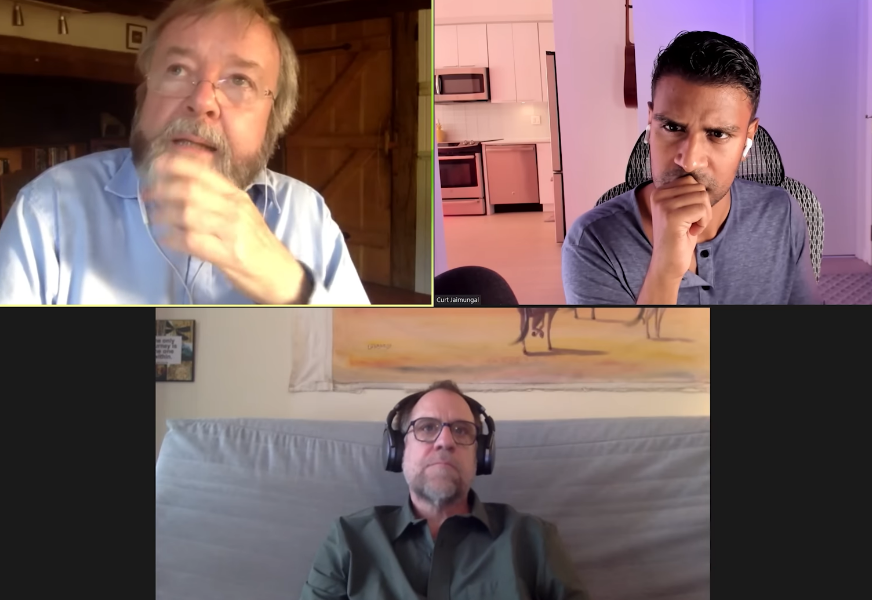
Iain McGilchrist and John Vervaeke on God, Meaning, Consciousness, and Being
Running Time: 02:12:00 Iain talks to John Vervaeke and Curt Jaimungal in this interview on 'Theories of Everything' Links mentioned and timestamps below video LINKS MENTIONED:- Matthew's Adopt Responsibility podcast: https://www.youtube.com/channel/UCzwP...-...

Know your left from your right: the brain’s divided hemispheres
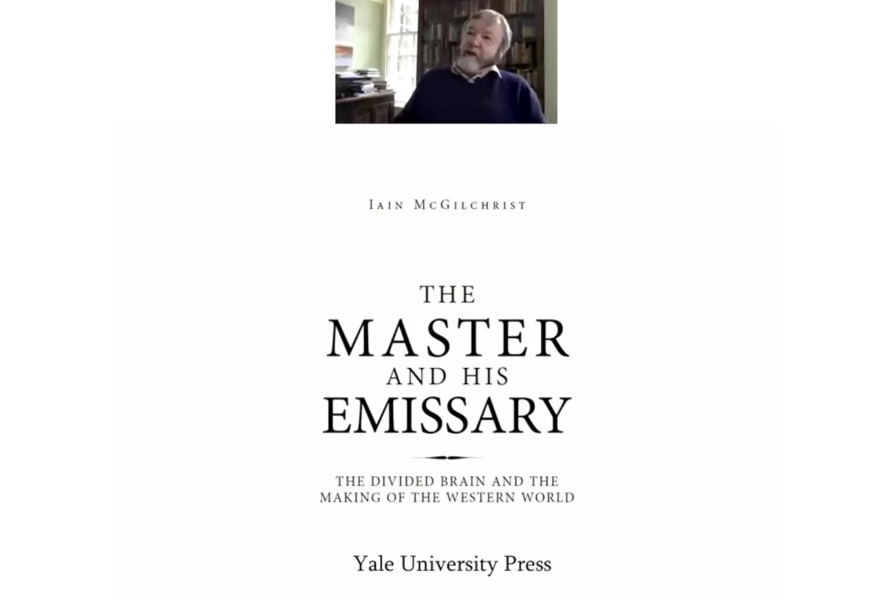
The Brain & Culture: A Symbiotic Relationship – Dr Iain McGilchrist
Running Time: 01:52:04 All in Nature is interconnected: all processes are interactive. The brain and the world (which it exists to bring into being for us) are no exceptions to this. Our brains mould the world and the world moulds our brains. Given the capacity for...
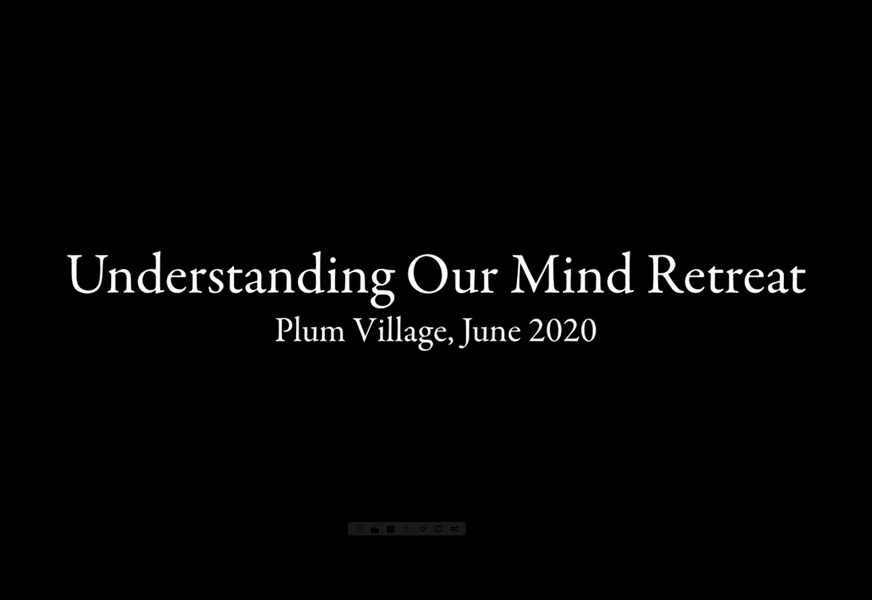
Understanding Our Mind Retreat, Plum Village, June 2020 (Part 2)
Running Time: 00:43:33 Understanding our Mind Retreat, June 2020, Plum Village Hosted by Dr. Liam Kavanagh & Br. Pháp Linh

Understanding Our Mind Retreat, Plum Village, June 2020 (Part 1)
Running Time: 01:03:01 Understanding our Mind Retreat, June 2020, Plum Village Hosted by Dr. Liam Kavanagh & Br. Pháp Linh
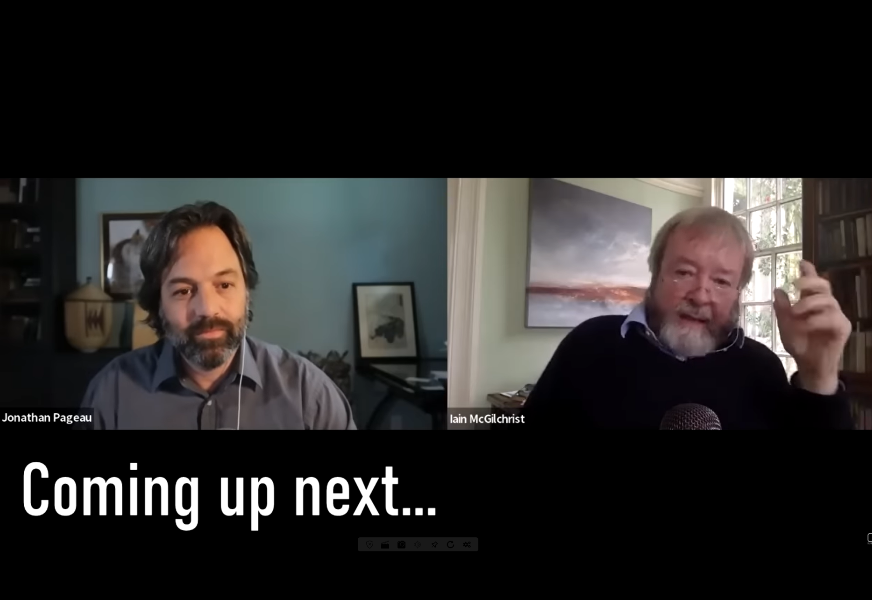
Beyond Materialism: The Matter With Things with Johnathan Pageau and Dr. Iain McGilchrist
Running Time: 01:03:11 In this long-awaited discussion with Dr. Iain McGilchrist Johnatha ask him several questions about his work. They discuss the medieval worldview, the Renaissance, participation and transformation, and what Iain thinks is the way forward and the...
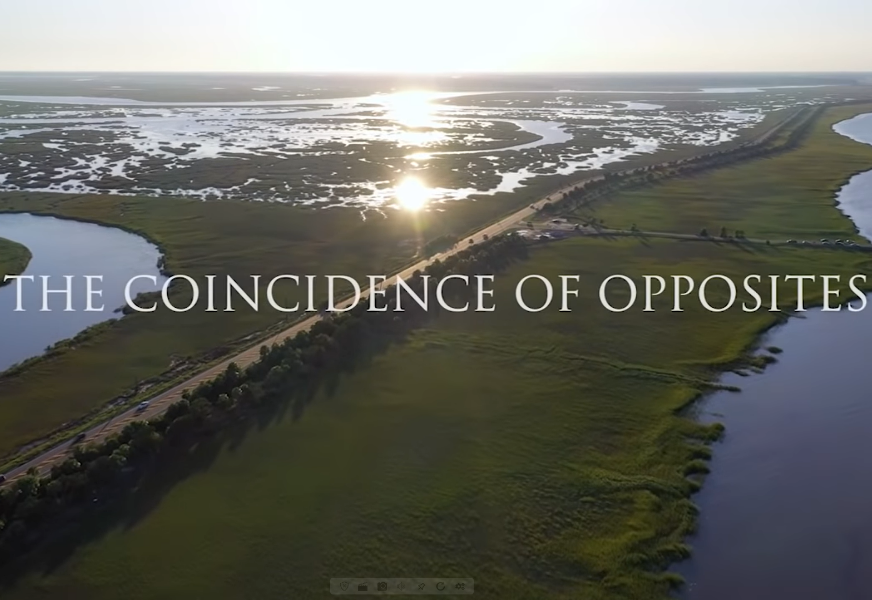
Iain McGilchrist: The Coincidence of Opposites
Running Time: 02:00:45 Ralston College presents a lecture by Dr Iain McGilchrist followed by a discussion with Dr Stephen Blackwood and questions from the audience. In his lecture Dr McGilchrist deals with certain themes that are treated at greater length in his...
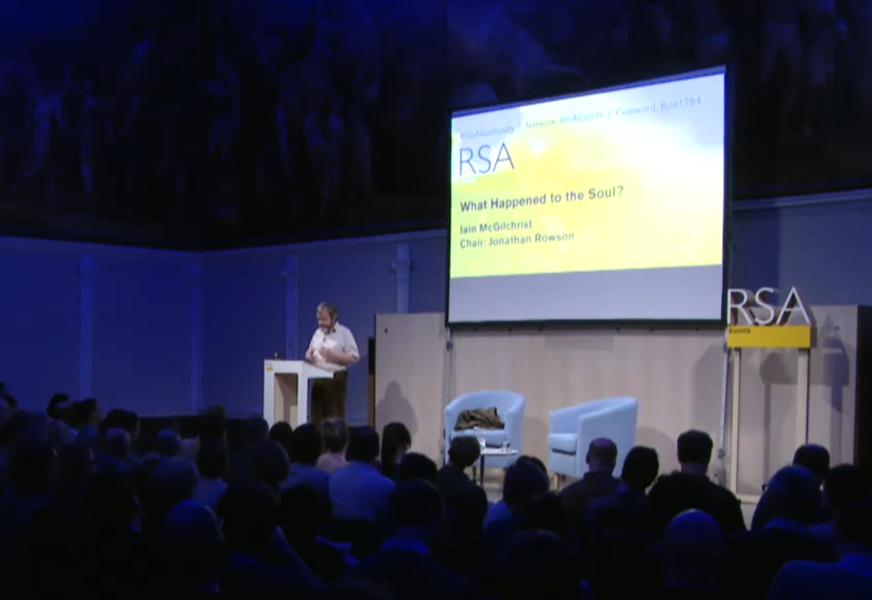
RSA Replay – What happened to the Soul?
15,464 views Streamed live on Mar 31, 2014 this event was live streamed on Monday 31 March at 6pm.

Understanding Our Mind Retreat with the Plum Village Buddhist Community
A Dialogue with Dr Iain McGilchrist, Br. Phap Linh, and Dr Liam Kavanagh. The book that Iain can’t quite remember the name of is Mindfulness in Plain English by Bhante Henepola Gunaratana.
The Arrogance of Your Brain’s Left Hemisphere
Running TIme 2:14
How the Left Hemisphere Puts People Into Categories
Running Time: 6:33
How Your Brain’s Hemispheres REALLY differ
Running Time: 3:40
Why You Lose 70% of Your Brain Before You’re Born
Running TIme: 1:13
What the Frontal Lobes of Your Brain Do
Running Time: 0:59
How the Analytical View of the Left Hemisphere Can Cut You Off From Life
Running Time: 3:31
What Brain Damage Can Teach You About Your Own Brain
Running Time: 4:36
Why Everything You Think You Know About the Brain’s Hemispheres is Wrong
Running Time 2:14
The Dangers of Relying on Your Analytical Intellect Too Much
Running TIme: 4:21
Do You Really Have Two Brains in Your Head?
Running Time: 3:52
Where Anger, Frustration and Irritation Come From
Running Time: 4:02
Does OCD Come From the Brain’s Left Hemisphere?
Running TIme: 0:42
